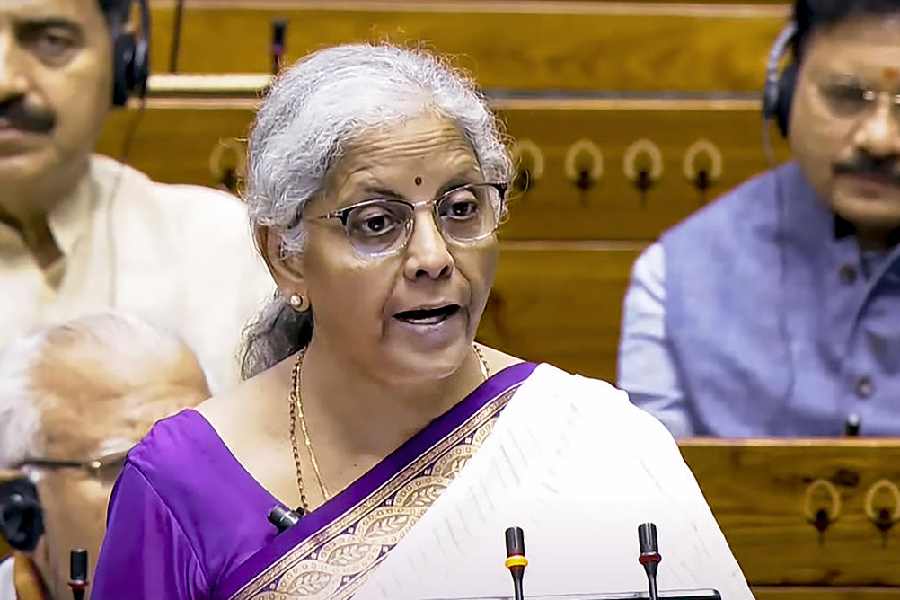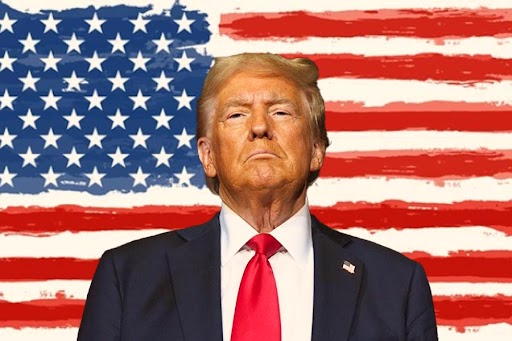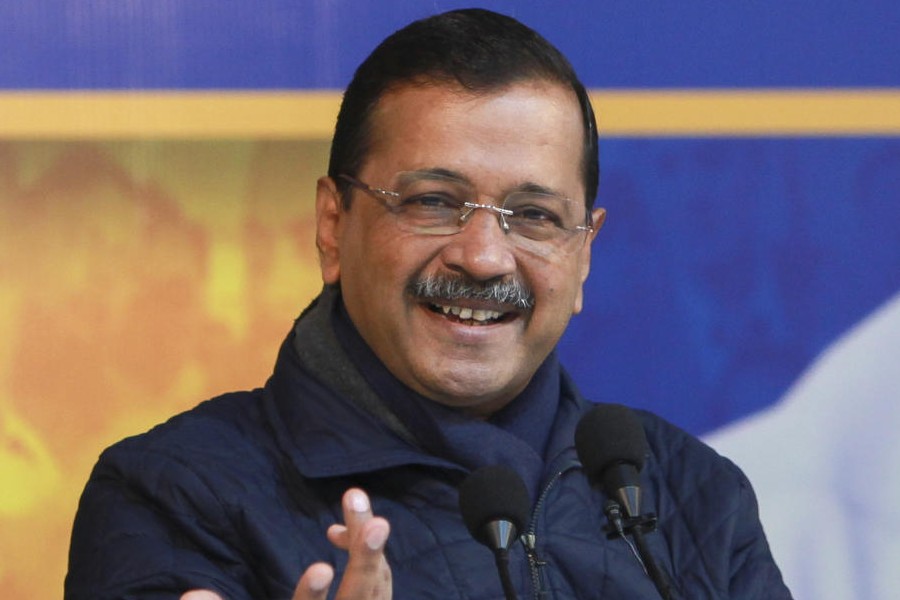India will retain restrictions on investments from nations with which it shares land borders, finance minister Nirmala Sitharaman said, days after New Delhi and Beijing reached an agreement on patrolling their disputed Himalayan frontier.
“I cannot blindly receive foreign direct investment (FDI) because I want money for investment, forgetful or unmindful of where it is coming from,” Sitharaman said at the Wharton business school in the US on Tuesday.
Her comments, which temper expectations of any swift easing of trade curbs, come ahead of Prime Minister Narendra Modi meeting Chinese president Xi Jinping on the sidelines of the BRICS summit in Russia.
“We want business, we want investment, but we also need some safeguards, because India is located in a neighbourhood that is very, very sensitive,” Sitharaman added.
She emphasised that the source of foreign investment, rather than merely the identity of the investors, could raise concerns of authorities, underscoring the government’s priority on national security. “Such restrictions will be in place in the national interest,” she said.
Sitharaman’s remarks reflect India’s continued cautious approach toward foreign capital from countries such as China, with which it shares a contentious relationship.
In 2020, India implemented strict measures aimed at curbing Chinese influence in sensitive sectors.
These restrictions have blocked significant investments from Chinese companies, including automakers BYD and Great Wall Motor, both of which faced regulatory roadblocks. Indian companies with Chinese stakeholders also encountered bureaucratic delays.
Despite these restrictions, some Chinese companies have found ways to re-enter the Indian market through a partnership with local firms.
Chinese apparel retailer Shein, which was banned in 2020, is making a return via a partnership with Reliance Brands.
“There are sectors where India simply cannot do without Chinese imports, such as electronics and critical components,” the official said. While India has ambitions to become a global manufacturing hub, these goals are still closely tied to Chinese supply chains.
“The current thaw should be viewed as a disengagement, not a de-escalation,” said Ram Singh, head of the Indian Institute of Foreign Trade (IIFT). “Troops will still be stationed at the border, just at a distance as they were before May 2020. Without further confidence-building measures, I don’t foresee major shifts in India’s economic or trade policies toward China.”











